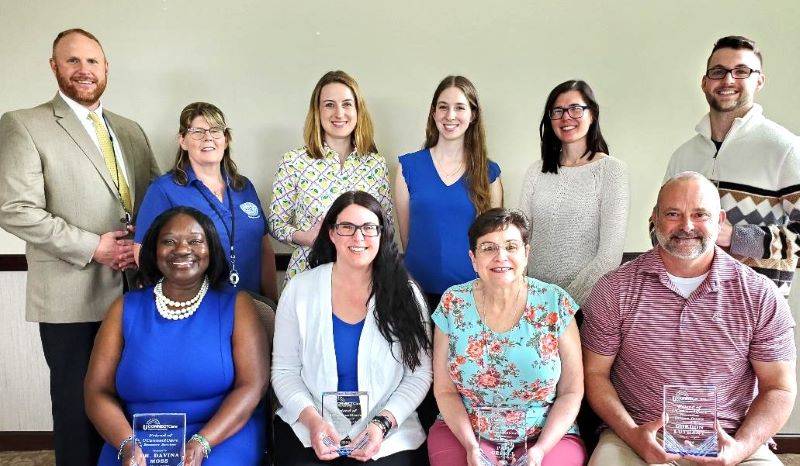Health officials issue precautions for extremely hot weather
Press Release:
Genesee and Orleans Counties are expecting unusually hot weather this week, which was to begin Monday and last through Friday evening, particularly on Wednesday and Thursday.
“The duration of the heat will include both daytime and nighttime temperatures, with little or no relief during the overnight hours,” stated Paul Pettit, Public Health Director of the Genesee and Orleans County Health Departments (GO Health). “This poses an elevated risk of causing heat-related illnesses.”
GO Health is reminding residents to take necessary precautions during this week’s extreme heat event. Follow the steps below to stay cool, hydrated, and safe:
• Stay in a cool or air-conditioned building as much as possible. Spend time in public places, and if you are looking for a cooling center, visit https://www.health.ny.gov/environmental/weather/cooling/. Even a few hours spent in air conditioning canhelp your body stay cooler when you go back into the heat.• Cover windows with drapes or shades.• Stay hydrated. Drink plenty of water and avoid sugaryor alcoholic beverages. Don’t wait until you are thirsty to drink.• Schedule outdoor activities carefully. If you must be outdoors, try to limit your outdoor activity and find shade where you can. Limit strenuous activities and exercise. Drink plenty of water and take frequent breaks.• Wear appropriate clothing. Choose clothing that is lightweight, light-colored, and loose-fitting.• Take a cool shower or bath using mildly warm water. Sudden temperature changes may make you feel dizzy or sick.• Use your stove and oven less to maintain a cooler temperature in your home.• Do not leave kids, pets, or anyone else in cars.Cars can quickly heat up to dangerous temperatures, even with a window cracked open.• Wear sunscreen. Sunburn can impact how your body cools down and can cause you to become dehydrated.• Check on your neighbors, family, and friends, especially those who are at higher risk. Those most at risk include older adults, infants and young children, pregnant people, people with disabilities, people with chronic conditions, and outdoor workers.• Keep your pets safe. Don’t keep your pets outdoors for too long, and provide them with plenty of fresh water. Avoid asphalt and dark pavement, which can be very hot.• Know the signs and symptoms of heat related illnesses, including heat exhaustion and heat stroke. Heat stroke is a medical emergency, and if it is suspected, call 911 immediately. To learn more, visit https://www.cdc.gov/extreme-heat/signs-symptoms/index.html.To monitor the potential heat risk, visit the National Weather Service HeatRisk map at https://www.wpc.ncep.noaa.gov/heatrisk/.
For updates on the heat advisory and tips to stay safe, follow GO Health on Facebook, Instagram, and X at GOHealthNY. You can also visit GOHealthNY.org.




